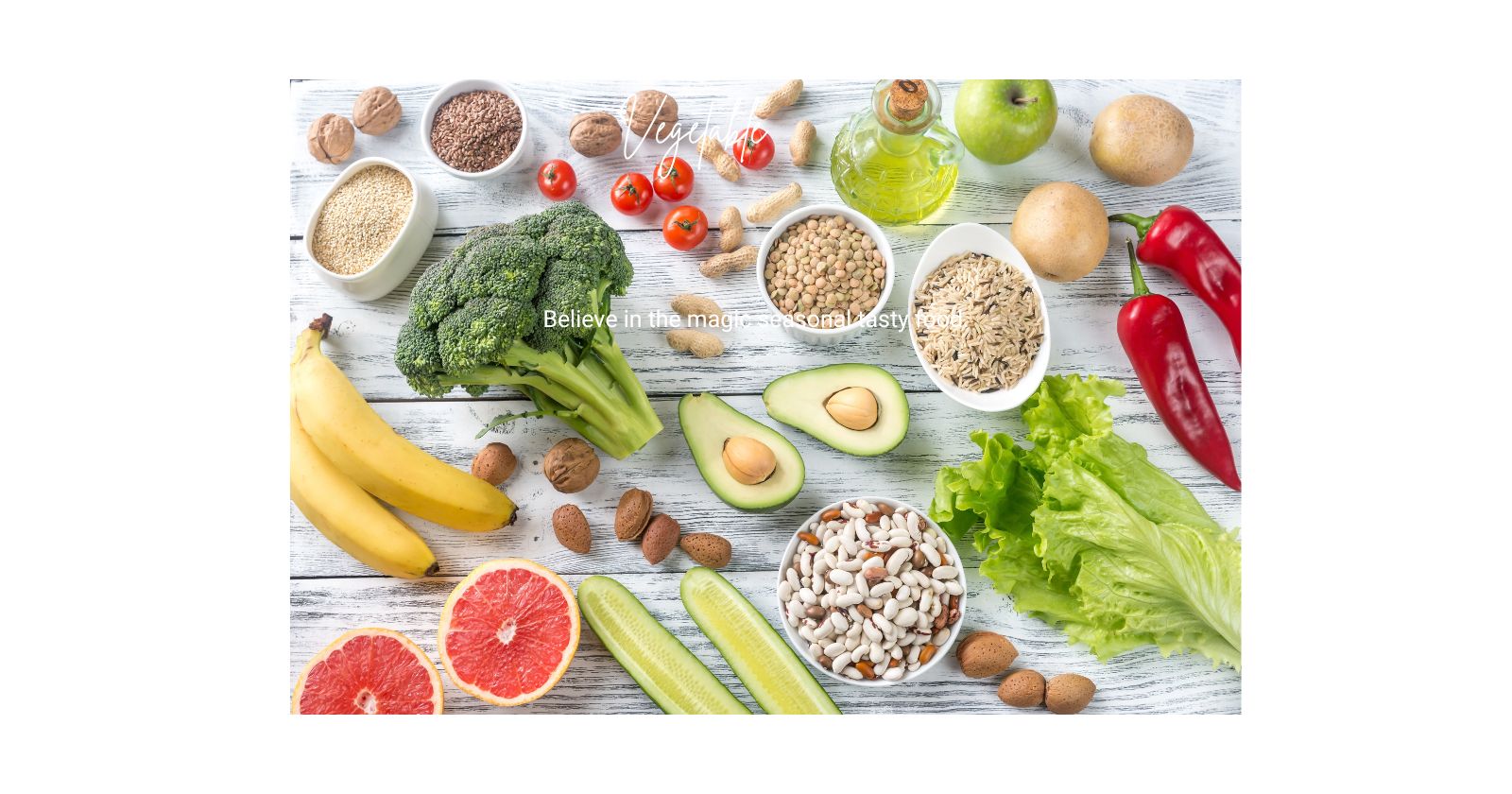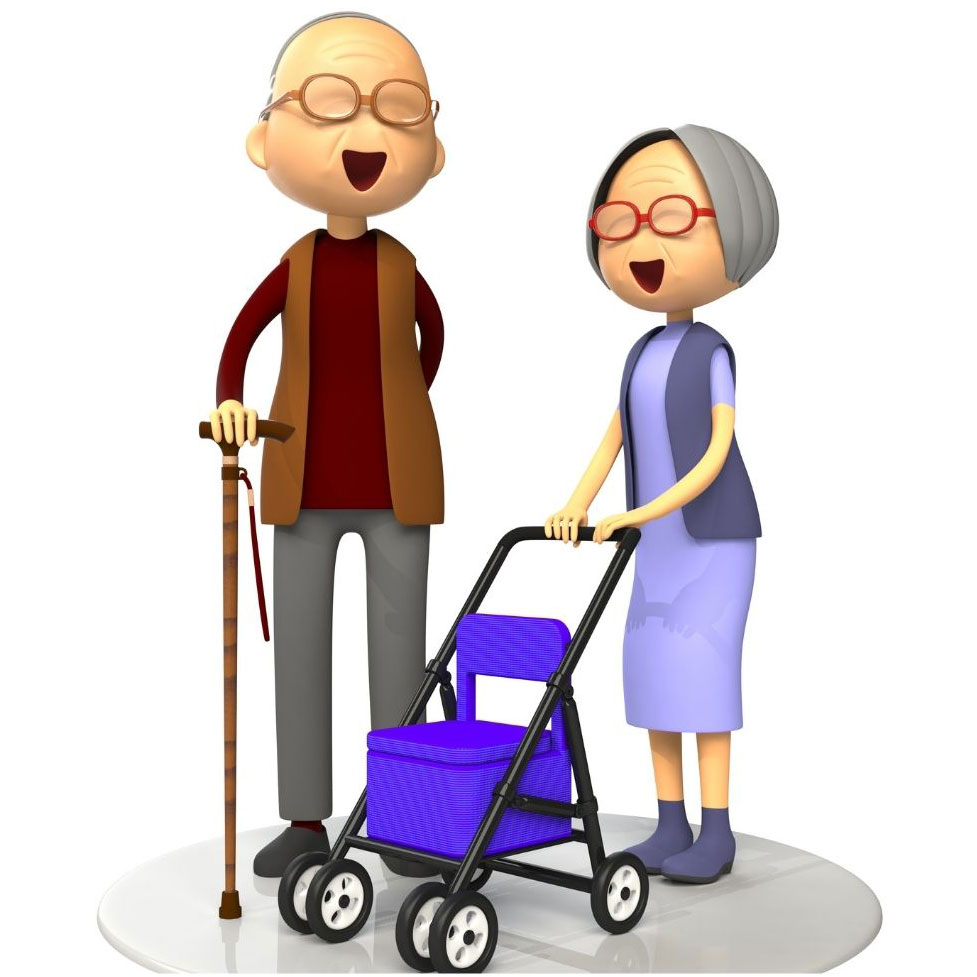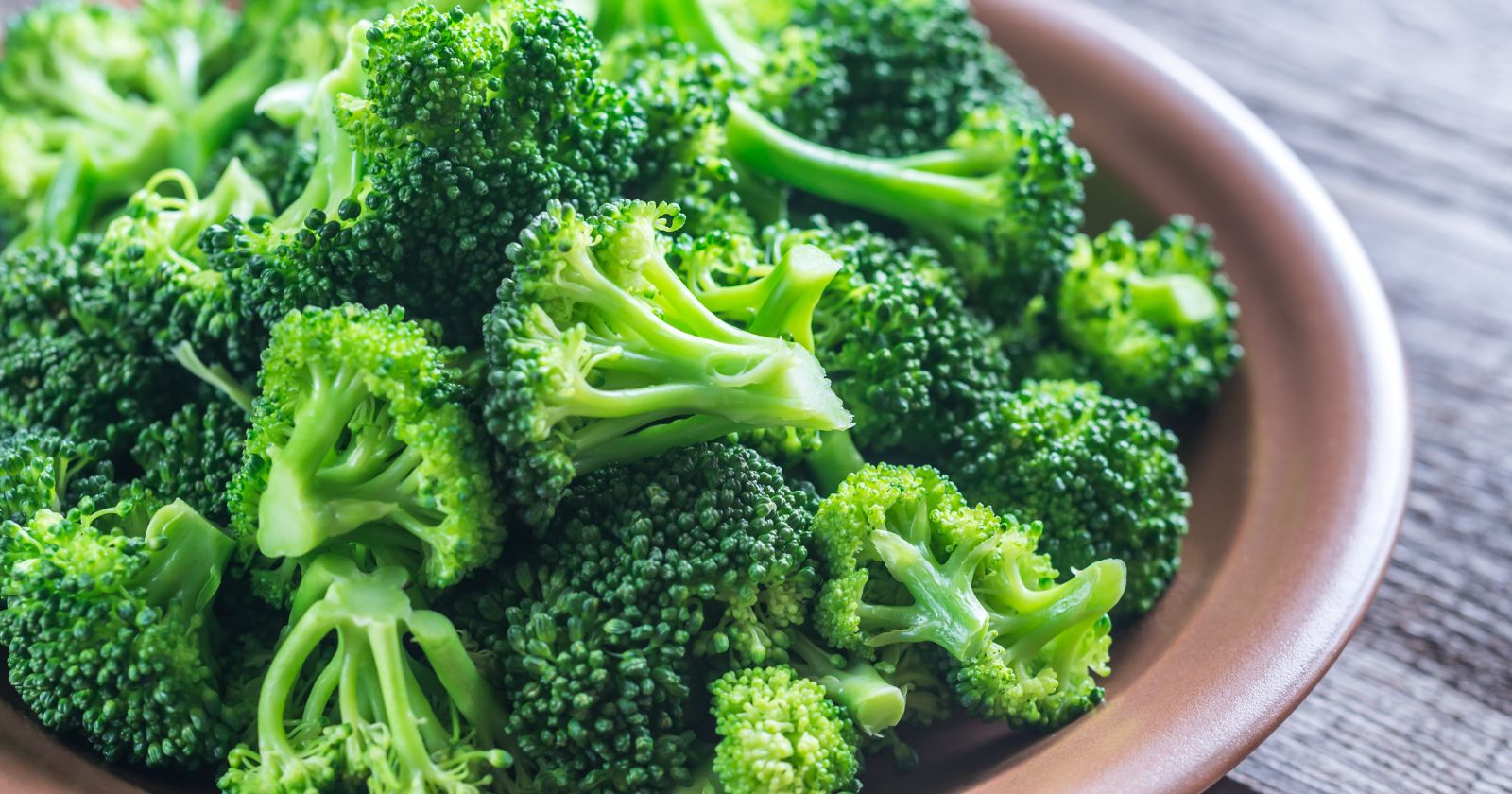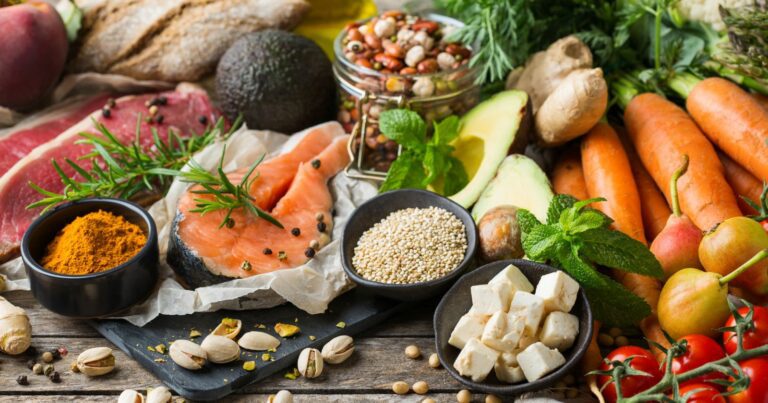Diets For The Elderly.
How To Help An Elderly With Their Diets As They Age
The prime objective is to eat right as an elderly
Gazing at the vibrant hues of vegetables, and sensing the textures of various foods often takes me back to memories laced with culinary adventures and heartfelt conversations around the dining table. Exploring diets for the elderly isn’t just a venture into nutrition; it’s a careful, compassionate stroll through the lanes of well-being, health, and vitality in the golden years. Hi, I’m [Your Name], a staunch advocate for elderly independence and a firm believer that nutrition plays a pivotal role in maintaining autonomy and vivacity as we age. Let’s unfold the chapters of nutritious dietary paths, respecting and understanding the unique dietary requirements that accompany the graceful journey of aging.
In this article, we will explore the importance of maintaining a healthy diet for the elderly and provide expert guidance on suitable dietary plans and recommendations specifically tailored for older adults. As we age, our nutritional needs change, and it becomes crucial to ensure that we are consuming the right nutrients to support our overall health and well-being.
Eating a balanced diet is essential for the elderly as it can help prevent and manage various health conditions, maintain a healthy weight, and improve overall quality of life. However, with the abundance of information available, it can be overwhelming to determine which dietary plans are best suited for older adults.
This article aims to simplify the process by highlighting the top 5 elderly diets for 2023. These diets have been carefully selected based on their ability to unlock optimal health for older adults. Whether you are looking to manage specific health conditions through nutrition or address age-related nutritional needs, these dietary plans offer tailored recommendations to support your well-being.
Additionally, we will discuss the common nutritional needs of older adults and provide tips for maintaining a balanced diet in old age. Meal planning for the elderly, which caters to their specific dietary requirements, will also be explored.
By the end of this article, you will have expert guidance on maintaining a healthy diet in old age and be equipped with the knowledge to unlock optimal health through elderly diets.
Diets For The Elderly: Importance of a Healthy Diet for the Elderly

A healthy diet plays a crucial role in maintaining the overall well-being and quality of life for the elderly. As people age, their nutritional needs change, and it becomes even more important to pay attention to what they eat. A well-balanced diet can help prevent and manage various health conditions commonly associated with aging, such as heart disease, diabetes, osteoporosis, and cognitive decline.
Eating a nutritious diet can provide older adults with the necessary energy, vitamins, minerals, and antioxidants to support their immune system, promote healthy digestion, and maintain muscle strength and bone density. It can also help manage weight, reduce the risk of falls and fractures, and improve cognitive function.
A healthy diet for the elderly should include a variety of nutrient-dense foods, such as fruits, vegetables, whole grains, lean proteins, and healthy fats. It is important to limit the intake of processed foods, sugary snacks, and high-sodium meals, as they can contribute to inflammation, high blood pressure, and other health issues.
In addition to the physical benefits, a healthy diet can also have a positive impact on mental health and emotional well-being. Eating well can improve mood, reduce the risk of depression, and enhance cognitive function.
Overall, maintaining a healthy diet is essential for the elderly to promote optimal health, prevent chronic diseases, and enhance their overall quality of life. By following a well-balanced diet tailored to their specific nutritional needs, older adults can enjoy a healthier and more fulfilling life.
Diets For The Elderly: Common Nutritional Needs of Older Adults

As individuals age, their nutritional needs change, and it becomes crucial to understand and address these needs to maintain optimal health. Older adults often face various challenges that can affect their ability to obtain and absorb essential nutrients. Therefore, it is important to identify and incorporate specific dietary recommendations to meet their nutritional requirements.
One common nutritional need of older adults is an increased need for certain nutrients. For example, older adults may require higher amounts of calcium and vitamin D to maintain bone health and prevent osteoporosis. Additionally, older adults may need more vitamin B12 due to decreased absorption in the digestive system.
Another important consideration is the need for adequate protein intake. Protein is essential for maintaining muscle mass and strength, which can help prevent age-related muscle loss and frailty. Older adults should aim to include protein-rich foods such as lean meats, poultry, fish, eggs, dairy products, legumes, and nuts in their diet.
Fiber is also crucial for older adults as it helps maintain bowel regularity and prevent constipation. Including fiber-rich foods such as whole grains, fruits, vegetables, and legumes can help meet this need.
Furthermore, older adults may have a decreased sense of thirst, which can lead to dehydration. It is important for them to consume an adequate amount of fluids throughout the day, including water, herbal teas, and soups.
Overall, understanding the common nutritional needs of older adults is essential for developing suitable dietary plans. By addressing these needs, older adults can maintain their health, prevent age-related diseases, and improve their overall well-being.
Diets For The Elderly: Diet Recommendations for Managing Health Conditions in the Elderly

As individuals age, they may develop various health conditions that require special attention to their dietary needs. This section of the article will provide diet recommendations specifically tailored for managing common health conditions in the elderly.
One of the most prevalent health conditions among older adults is cardiovascular disease. To manage this condition, it is important for the elderly to follow a heart-healthy diet. This includes consuming foods low in saturated and trans fats, cholesterol, and sodium. Instead, they should focus on incorporating fruits, vegetables, whole grains, lean proteins, and healthy fats into their diet.
Another health condition that often affects the elderly is diabetes. For individuals with diabetes, it is crucial to control blood sugar levels through diet. This involves consuming a balanced diet that includes carbohydrates, proteins, and fats in appropriate portions. It is also important to limit the intake of sugary foods and beverages and choose complex carbohydrates over simple sugars.
Osteoporosis, a condition characterized by weak and brittle bones, is also common in older adults. To manage this condition, it is important to consume foods rich in calcium and vitamin D. This includes dairy products, leafy green vegetables, fortified cereals, and fatty fish.
Other health conditions that may require specific dietary recommendations for the elderly include hypertension, gastrointestinal disorders, and kidney disease. Each condition may have its own set of dietary restrictions and recommendations, and it is important for older adults to consult with healthcare professionals or registered dietitians for personalized advice.
By following these diet recommendations tailored for managing specific health conditions, older adults can improve their overall health and well-being.
Diets For The Elderly: Tips for Maintaining a Balanced Diet in Old Age

As individuals age, their nutritional needs may change, making it important to maintain a balanced diet to support overall health and well-being. Here are some tips for older adults to ensure they are getting the nutrients they need:
1. Eat a variety of foods: Including a wide range of fruits, vegetables, whole grains, lean proteins, and healthy fats in your diet can help ensure you are getting a diverse array of nutrients.
2. Stay hydrated: Older adults may be at a higher risk of dehydration, so it is important to drink plenty of fluids throughout the day. Water, herbal teas, and low-sodium broths are good options.
3. Limit processed foods: Processed foods tend to be high in unhealthy fats, sodium, and added sugars. Opt for whole, unprocessed foods whenever possible to maximize nutrient intake.
4. Pay attention to portion sizes: As metabolism slows down with age, it is important to be mindful of portion sizes to avoid overeating. Use smaller plates and bowls to help control portion sizes.
5. Include sources of calcium and vitamin D: These nutrients are important for maintaining bone health. Include dairy products, fortified plant-based milks, leafy greens, and fatty fish in your diet to ensure an adequate intake.
6. Consider supplements: In some cases, older adults may have difficulty meeting their nutritional needs through diet alone. Consult with a healthcare professional to determine if supplements, such as vitamin B12 or omega-3 fatty acids, are necessary.
By following these tips, older adults can maintain a balanced diet that supports their overall health and well-being. It is always recommended to consult with a healthcare professional or registered dietitian for personalized dietary advice based on individual needs and health conditions.
Diets For The Elderly: Meal Planning for the Elderly: Catering to Dietary Requirements

Meal planning plays a crucial role in ensuring that the dietary needs of the elderly are met. As individuals age, their nutritional requirements may change, and it becomes essential to create meal plans that cater to these specific needs. This section will provide guidance on how to plan meals for older adults, taking into consideration their dietary requirements.
When planning meals for the elderly, it is important to focus on nutrient-dense foods that provide essential vitamins, minerals, and antioxidants. These include fruits, vegetables, whole grains, lean proteins, and healthy fats. It is also important to consider any specific dietary restrictions or health conditions that the individual may have, such as diabetes, high blood pressure, or food allergies.
Portion control is another important aspect of meal planning for the elderly. As metabolism slows down with age, it is crucial to ensure that portion sizes are appropriate to prevent overeating and weight gain. Additionally, older adults may have a decreased appetite, so it is important to provide smaller, more frequent meals throughout the day to ensure adequate nutrition.
Incorporating variety into meal plans is also important to prevent boredom and ensure a well-rounded diet. This can be achieved by including a variety of fruits, vegetables, proteins, and grains in each meal. Additionally, using herbs and spices to enhance the flavor of dishes can make meals more enjoyable for older adults.
Overall, meal planning for the elderly should focus on providing nutrient-dense foods, considering any dietary restrictions or health conditions, practicing portion control, and incorporating variety into meals. By following these guidelines, caregivers and older adults can ensure that their dietary needs are met, promoting optimal health and well-being.
Diets For The Elderly: Top 5 Elderly Diets for 2023

In this section, the article will provide information on the top 5 elderly diets for the year 2023. The aim is to help older adults unlock optimal health through tailored dietary plans and recommendations.
1. Mediterranean Diet
The Mediterranean Diet is inspired by the eating habits of people living in the Mediterranean region, particularly Greece, Spain, and Italy. It emphasizes:
- Fruits and Vegetables: A high intake of fruits and vegetables.
- Healthy Fats: Primarily uses olive oil as a healthy fat source.
- Protein Sources: Includes fish and poultry and limits red meat.
- Whole Grains: Encourages consuming whole grains.
- Moderate Wine Consumption: Allows for moderate wine consumption. This diet is renowned for its potential benefits on heart health.
2. DASH Diet (Dietary Approaches to Stop Hypertension)
The DASH Diet is designed to help manage or prevent high blood pressure (hypertension). Key features include:
- Low Sodium: Aims to reduce sodium intake.
- Nutrient-Rich: Focuses on nutrient-rich foods, like fruits, vegetables, and lean proteins.
- Limited Sweets: Limits sweets and sugary beverages. It’s often recommended by healthcare providers for patients with hypertension.
3. MIND Diet (Mediterranean-DASH Diet Intervention for Neurodegenerative Delay)
The MIND Diet combines aspects of the Mediterranean and DASH diets and is aimed at promoting brain health. It emphasizes:
- Brain-Healthy Foods: Such as leafy greens and berries.
- Fish: Encourages regular consumption of fish.
- Limited Unhealthy Foods: Limits intake of butter, cheese, fast food, and sweets. Research suggests it may potentially delay cognitive decline in the elderly.
4. Flexitarian Diet
The Flexitarian Diet is a flexible vegetarian diet. It encourages:
- Primarily Plant-Based: Most nutrition comes from plant-based sources.
- Occasional Meat: Allows for occasional meat and animal product consumption.
- Whole Foods: Emphasizes whole foods like fruits, vegetables, legumes, and whole grains. It’s known for being a more flexible approach to vegetarianism.
5. Anti-Inflammatory Diet
The Anti-Inflammatory Diet aims to reduce inflammation in the body through nutritional choices. It includes:
- Anti-Inflammatory Foods: Such as berries, fatty fish, and green leafy vegetables.
- Limited Inflammatory Foods: Reduces intake of red meat, refined carbohydrates, and sugary drinks.
- Spices: Often includes spices known for anti-inflammatory properties, like turmeric. This diet is often chosen for its potential to manage inflammatory conditions.
Each of these diets has its own unique focus and potential health benefits, often chosen based on individual health goals and needs. If you need more detailed information or specific aspects of these diets, feel free to ask!
The article will likely discuss various diets that have gained popularity and have been proven to be beneficial for older adults. These diets may include the Mediterranean diet, the DASH (Dietary Approaches to Stop Hypertension) diet, the MIND (Mediterranean-DASH Diet Intervention for Neurodegenerative Delay) diet, the Flexitarian diet, and the Anti-Inflammatory diet.
For each diet, the article will provide an overview of its principles and benefits, explaining why it is considered suitable for the elderly population. It may discuss how these diets can help manage specific health conditions commonly experienced by older adults, such as heart disease, high blood pressure, cognitive decline, and inflammation.
The article may also highlight any potential challenges or considerations that older adults should keep in mind when following these diets. It may provide tips on how to incorporate these diets into daily life and make them sustainable for long-term health.
Overall, this section will serve as a comprehensive guide to the top 5 elderly diets for 2023, offering valuable information and guidance for older adults who are looking to improve their health and well-being through proper nutrition.
Diets For The Elderly: Diet and Aging: Addressing Age-Related Nutritional Needs

As individuals age, their nutritional needs change, and it becomes crucial to address these age-related nutritional needs through an appropriate diet. Heading VIII of the article focuses on the importance of understanding and meeting the specific dietary requirements of older adults.
The section begins by discussing the changes that occur in the body as a person ages. It highlights how factors such as decreased metabolism, changes in taste and smell, and reduced appetite can affect an individual’s ability to meet their nutritional needs. It emphasizes the importance of adapting the diet to accommodate these changes and ensure that older adults receive the necessary nutrients.
The section then delves into the specific nutritional needs of older adults. It discusses the importance of consuming adequate amounts of protein, calcium, vitamin D, and fiber to support bone health, muscle strength, and digestion. It also addresses the need for increased intake of certain vitamins and minerals, such as vitamin B12 and potassium, to counteract deficiencies that may arise with age.
Furthermore, the section provides practical tips and recommendations for addressing age-related nutritional needs. It suggests incorporating nutrient-dense foods into the diet, such as fruits, vegetables, whole grains, and lean proteins. It also advises on the importance of staying hydrated and avoiding excessive intake of sodium, sugar, and saturated fats.
Overall, heading VIII highlights the significance of addressing age-related nutritional needs through a well-balanced and tailored diet. By understanding and meeting these needs, older adults can maintain their health, vitality, and overall well-being.
Diets For The Elderly: Expert Guidance on Maintaining a Healthy Diet in Old Age

As individuals age, their nutritional needs and dietary requirements may change. It becomes crucial for older adults to receive expert guidance on maintaining a healthy diet to support their overall well-being and address any specific health concerns they may have.
Expert guidance on maintaining a healthy diet in old age can provide valuable information on the types of foods that are beneficial for older adults and those that should be limited or avoided. This guidance can help older adults make informed choices about their diet and ensure they are getting the necessary nutrients to support their health.
Additionally, expert guidance can provide tips and strategies for overcoming common challenges that older adults may face when it comes to maintaining a healthy diet. This can include practical advice on meal planning, portion control, and incorporating a variety of foods into their diet.
Furthermore, expert guidance can address the specific nutritional needs of older adults, such as the importance of consuming adequate protein to support muscle health and prevent muscle loss, or the need for increased intake of certain vitamins and minerals to support bone health and immune function.
By seeking expert guidance on maintaining a healthy diet in old age, older adults can receive personalized recommendations and support to optimize their nutrition and overall health. This can contribute to improved energy levels, better management of chronic conditions, and enhanced quality of life in the elderly population.
Click Here For Additional Readins On Food For The Elderly.
Frequently Asked Questions
What is the best diet for the elderly?
Eat a wide variety of foods from the five food groups: plenty of colorful vegetables, legumes/beans; fruit; grain (cereal) foods, mostly wholegrain and high fiber varieties; lean meats and poultry, fish, eggs, tofu, nuts, and seeds; milk, yogurt, cheese or their alternatives, mostly reduced fat.
What is the best diet for weight loss after 70?
Eat the right foods.
What three things should a person avoid once they are past 70 years old?
Here a few that we see that are not-life enhancing:
Increased isolation — a major killer.
Sedentary living — despite best intentions, most retirees fail to maintain adequate exercise to sustain good health.
Self-indulgence — we are wired to serve. …
Removal of work from the lifestyle.
How do 70-year-olds get rid of belly fat?
5 Best Exercises to Lose Belly Fat
These five exercises target the muscles of your midsection to help you build core strength and burn away belly fat. …
Spine Twist. …
Standing Mountain Climber. …
Double Step Reach and Push. …
Side Lunge with Diagonal Reach. .
Diets For The Elderly: Conclusion: Unlocking Optimal Health through Elderly Diets

A plate filled with the right nutrients is like a canvas painted with vibrant, life-affirming colors – each bite, a step towards holistic wellness and sustained independence. Diets for the elderly are not merely menus; they are intentional choices that weave into the tapestry of longevity, quality of life, and sustained health. My journey, coupled with years of engaging with, learning from, and advocating for senior independence, has often found its roots entwined with the essence of apt nutrition. Let’s continue to explore, understand, and champion dietary choices that not only nourish the body but also foster a spirit of independence and vibrant living amongst our cherished elderly.
In conclusion, maintaining a healthy diet is crucial for the overall well-being and optimal health of the elderly population. As we age, our nutritional needs change, and it becomes even more important to pay attention to what we eat. By following suitable dietary plans and recommendations specifically tailored for older adults, we can unlock optimal health and improve our quality of life.






